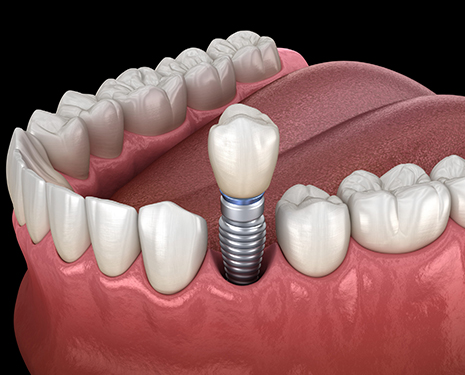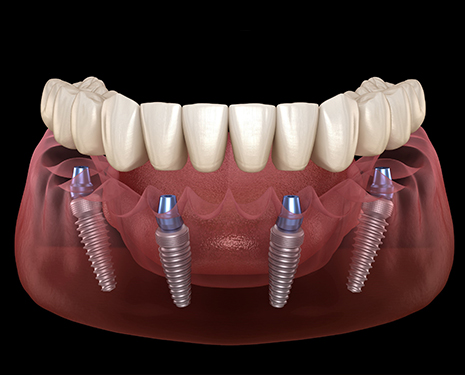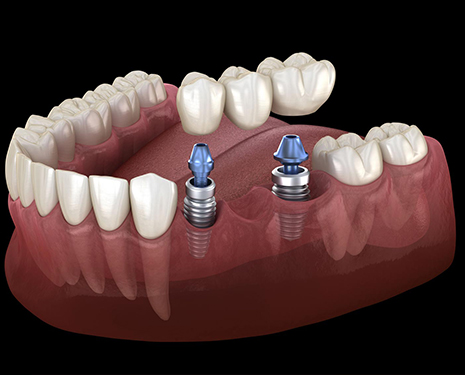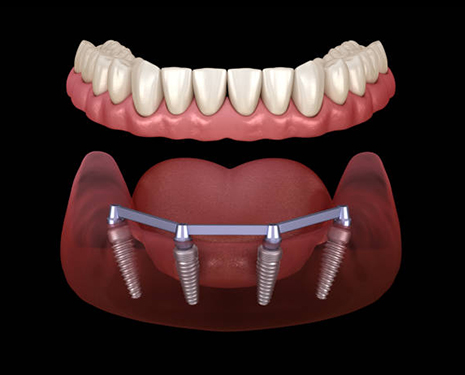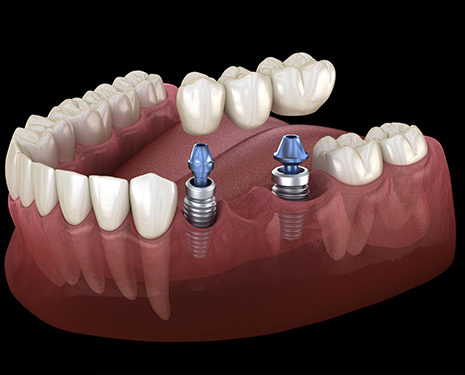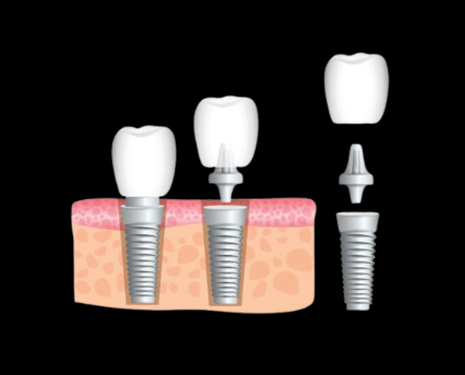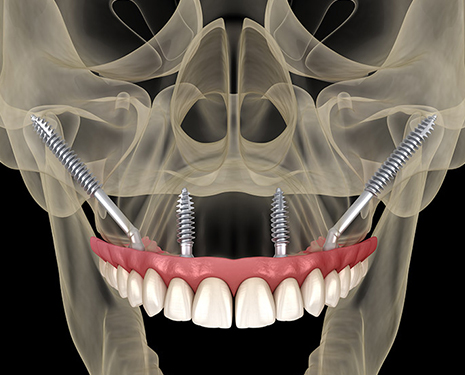Dental Implants Beverly Hills CA
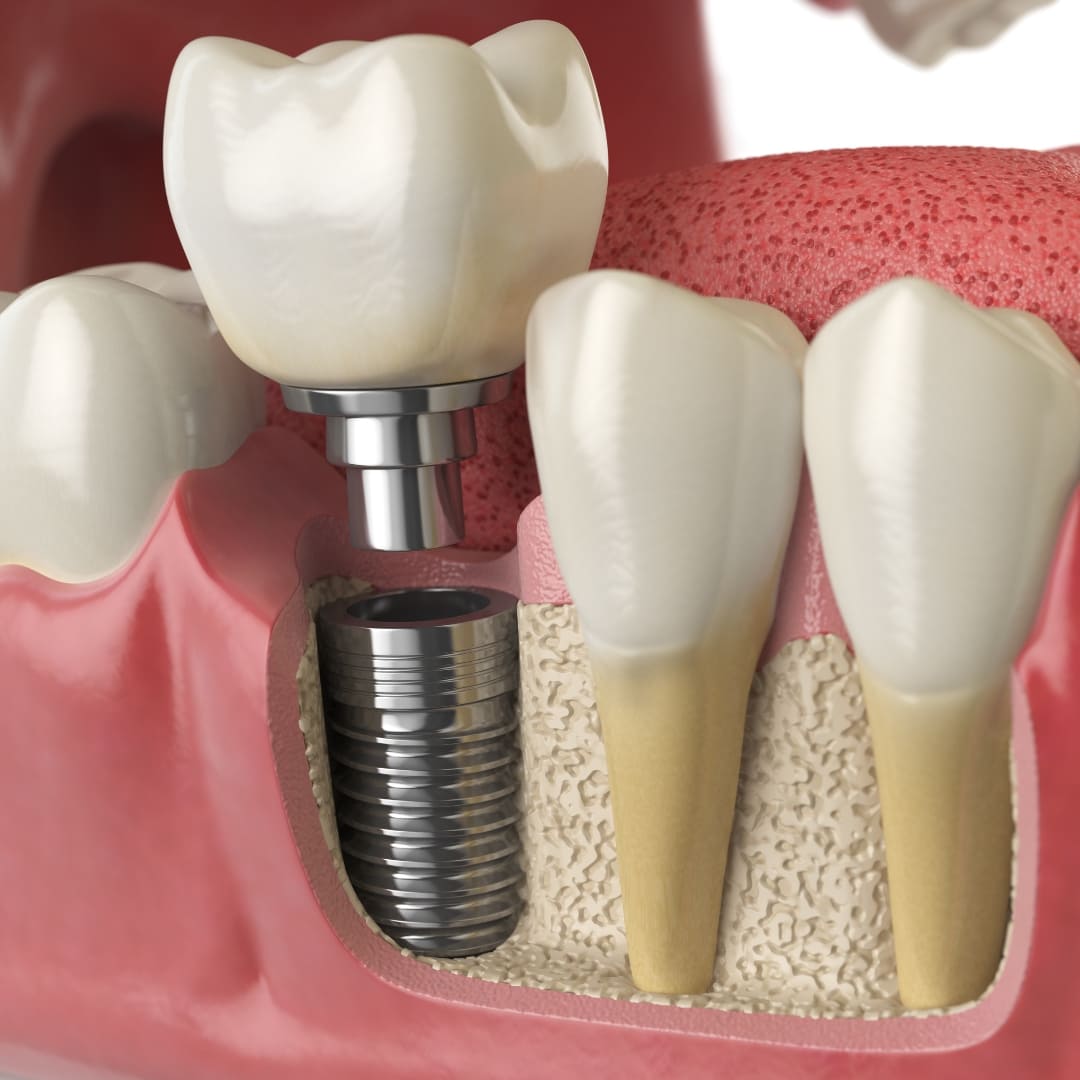
What Are Dental Implants?
Imagine a whole, radiant smile that feels as natural as your own. Dr. Sam Harouni, your trusted Oral Surgeon Beverly Hills can make that a reality with dental implants. Unlike dentures or bridges, dental implants Beverly Hills are a revolutionary tooth replacement option that functions and feels like your natural teeth.
But what exactly are dental implants?
Dental implants are small, screw-like posts, typically made of biocompatible titanium, surgically placed into your jawbone. These implants act as artificial tooth roots, providing a solid foundation for replacement teeth. These replacement teeth can be crowns, bridges, or even dentures, all custom-designed to seamlessly blend with your existing smile.
What Happens If You Ignore Missing Teeth?
At our dental office, we understand the importance of a complete smile and are here to shed light on the potential consequences of leaving a gap unaddressed. Here's what happens if you ignore missing teeth:
- Difficulty Chewing
- Speech Impediments
- Shifting Teeth
- Bone Loss
- Gum Disease
Why Choose Dental Implants Beverly Hills?
At our dental office, our Oral Surgeon Beverly Hills believes that dental implants are the gold standard for tooth replacement, offering a multitude of benefits like:
- Unmatched Stability: Implants are surgically placed in your jawbone, which provides unparalleled stability and prevents slipping or shifting.
- Long-lasting Durability: Crafted from biocompatible titanium, dental implants in Beverly Hills, CA, are incredibly strong and designed to last a lifetime with proper care.
- Natural Appearance and Function: Implants fuse with your jawbone. This not only looks natural but also allows you to eat, speak, and smile with confidence.
What To Expect From Your Dental Implant Consultation?
Our team at Beverly Hills Oral & Maxillofacial Surgeon will guide you through every step of the dental implant process. Here's what you can expect:
- Consultation and Planning: We'll discuss your goals, evaluate your oral health, and create a personalized treatment plan tailored to your unique needs.
- Implant Placement: Using advanced technology and gentle techniques, we'll surgically place the implant(s) in your jawbone.
- Osseointegration: Over several months, the implant will fuse with your jawbone, creating a strong foundation for the restoration.
- Abutment and Crown Placement: Once fully integrated, a custom-made abutment will be attached to the implant, followed by the placement of your natural-looking crown.




